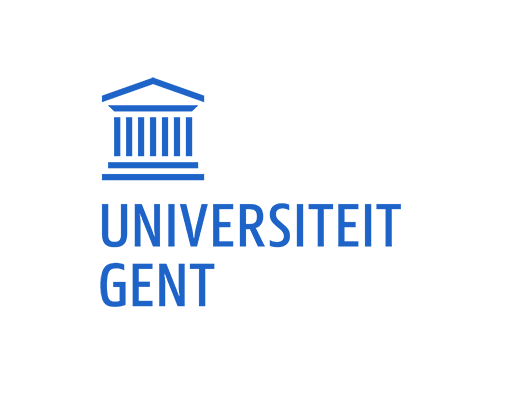The politics of the circular economy
The politics of the circular economy
Circular society meets art and creative practices
SUNER-C: solar fuels and sustainable chemicals
ELECTRO: the conversion of plastic waste into scalable circular solutions
Kasper Ampe obtains doctoral degree
Podcast over circulaire economie met Erik Paredis
SUNERGY, network for fossil free fuels and chemicals
SUNERGY aims at becoming a large European Research and Innovation initiative working towards the conversion and storage of renewable energy into fossil-free fuels and chemicals. By using energy from renewable sources (sunlight, wind) and abundant molecules (CO2, water, nitrogen), we can produce fuels and chemicals that can contribute to stopping global warming:
- Storage of renewable energy as liquid fuels
- Production of fossil-free base chemicals for industry and agriculture
- Technologies with a negative CO2 footprint
C-PlaNeT, research network about circular plastics

C-PlaNeT (Circular Plastics Network for Training) is a project funded by the European Union in the framework of the H2020 Marie Skłodowska Curie Actions – Innovative Training Networks (H2020 MSCA ITN). C-PlaNeT is a consortium of high-profile universities, research institutions and companies located in Belgium, Germany, the Netherlands, Austria, United Kingdom, Switzerland, Denmark and Greece.
Bringing plastics into the circular economy is one of the great challenges of our age. C-PlaNeT lays the foundations for a New Plastics Economy through a European Joint Doctoral Programme that trains 15 Early Stage Researchers (ESRs) to become part of a new generation of scientists, engineers and policy makers for the EU’s circular economy, which must include the design, processing, use and reuse of plastics. Each ESR, developing his/her research skills together with a supervisor and co-promoter, represents a piece of the jigsaw, at the same time benefiting from being part of a project team with 14 other ESRs and their supervisors covering other parts of the life cycle, challenging each other in terms of lifecycle thinking and a much more sustainable future for plastics.
